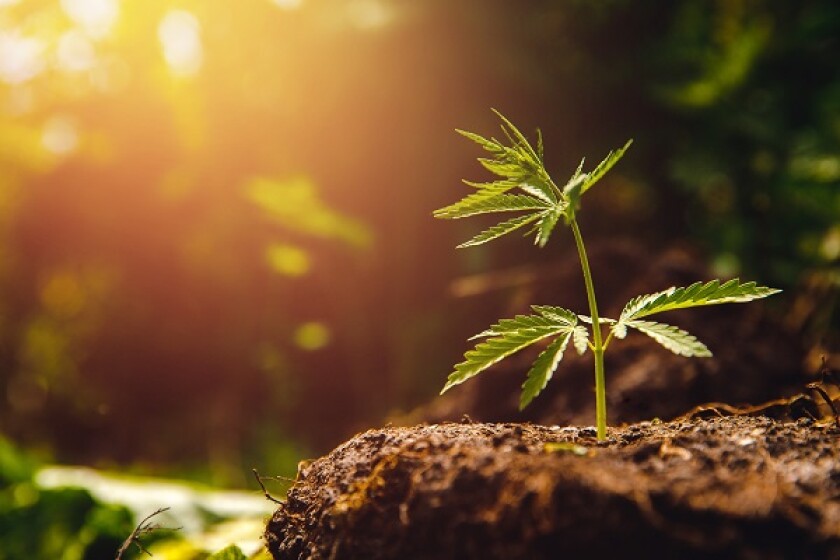Amid the massive public health crisis caused by the fear of the spread of COVID-19, economies and societies around the world are facing hardship, with entire businesses brought to a sudden halt.
It is difficult to predict what markets will look like in the foreseeable future, while many companies are assessing how to survive in the “coronavirus economy." We have decided to take a quick look at the highly regulated but promising cannabis market in Brazil.
Except for extremely particular circumstances, the commercialisation of cannabis-based products was not allowed (since January 2015, it has been possible to import medical oil and extract products with cannabis active principles [CBD], but only with authorisation by the Brazilian Health Surveillance Agency "ANVISA"). In December 2019, however, the ANVISA approved the rules to regularise medicinal products that contain cannabis for medical purposes.
Politically, the decision favouring cannabis products was quite surprising given the sitting conservative government. That was all the more reason, however, to fuel discussion on the prospects of further developing the cannabis market in the largest economy and consumer market in Latin America.
That said, what does the coronavirus pandemic mean for the cannabis market in Brazil?
With the limitations imposed by the virus, businesses that still have room to invest are diverting from traditional marketing and sales campaigns. Instead, they are looking at innovative ways to interact with consumers, focusing on brand development strategies with strong supportive messages for when the market picks up.
That strategy is valid for existing businesses in Brazil, but also those looking at entering the market. Proper branding strategies will be an advantage in the post-lockdown world and allow businesses to reap the rewards in the future. Indeed, this may be relevant for cannabis-based businesses that wish to explore the promising Brazilian market.
One of the clearer ones seems that of setting a trademark foothold. That means securing cannabis-related trademark registrations well before the register becomes overpopulated with cannabis-related terms.
The Brazilian Patent and Trademark Office (BPTO) does not require prior use of a mark to grant a registration. Therefore, cannabis brands won't be barred by such a threshold. A trademark only becomes vulnerable to cancellation based on non-use after five years counted from the registration's grant. Even then, non-use actions must be initiated by interested parties based on "legitimate reasons."
More importantly, however, is that Brazil adopts the first-to-file principle. Almost quite literally, those who arrive first will have a clearer path to registration at the BPTO as far as relative grounds go.
While we are not advocating in favour of opportunistic filers, securing early trademark rights can undoubtedly benefit brands interested in exploring the growing Brazilian cannabis market.
As a precautionary measure, the BPTO has suspended deadlines. Nonetheless, it is operating normally, publishing notices, and examining cases. Therefore, for those looking to invest in the developing cannabis market, it may be an opportune moment for securing trademark protection for your cannabis products and services. The BPTO applies rather rigid relative grounds examinations – even if no opposition is filed – and it is fair to assume it will be an advantage to prosecute cannabis-related brands before the register becomes overpopulated.
Of course, there are other important aspects involved in the prosecution of these trademarks that applicants should discuss with local counsel. For example, in some instances, the BPTO could raise absolute grounds as a basis for rejection (moral grounds can still be applicable in Brazil). There are also strategies to consider involving the specification of goods.
While the world still faces challenging times up ahead, we hope to see innovation and creativity that is capable of comforting people and fostering businesses. Hopefully, we will also see more and more progress in legally rigid markets, such as that of cannabis-based products.













